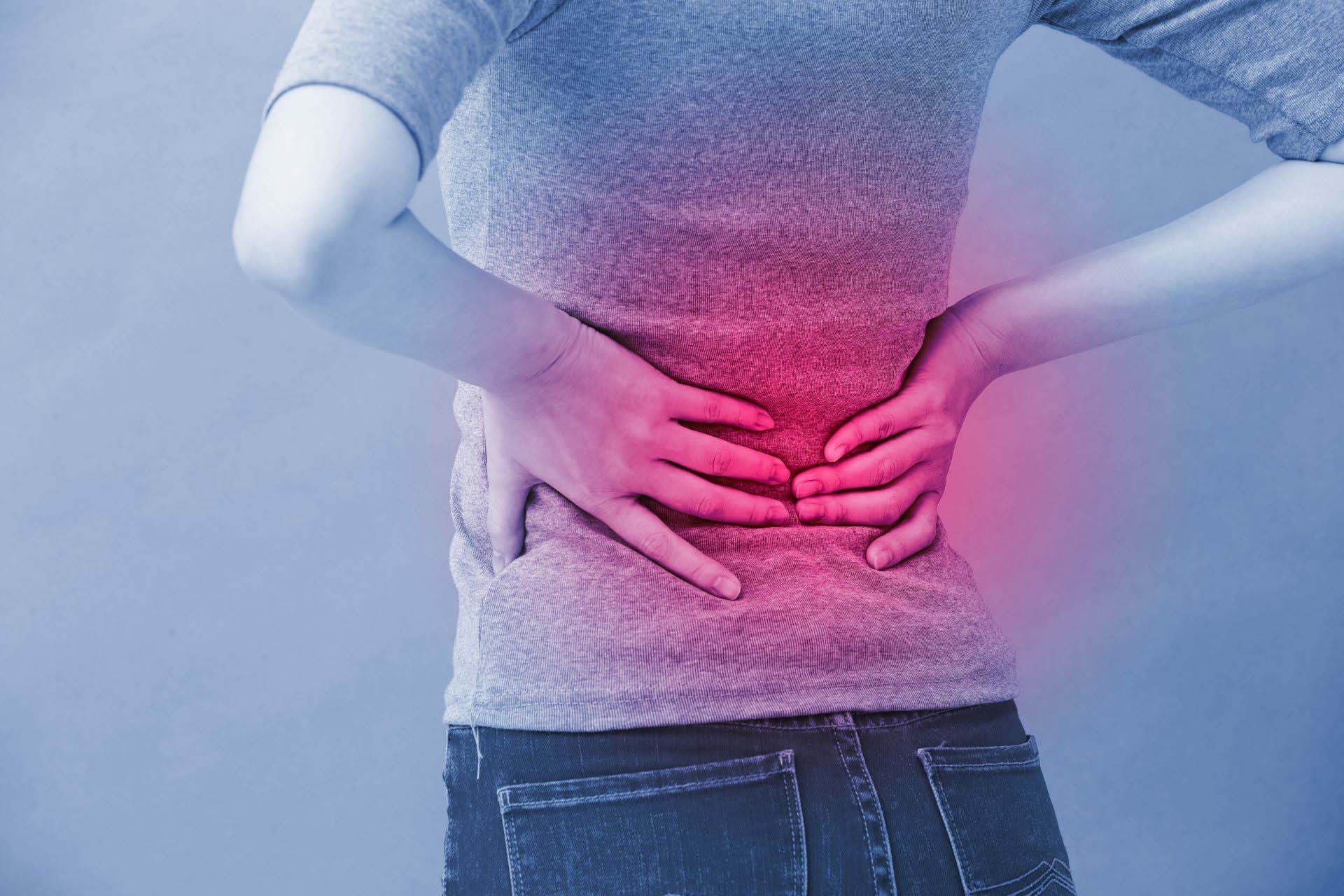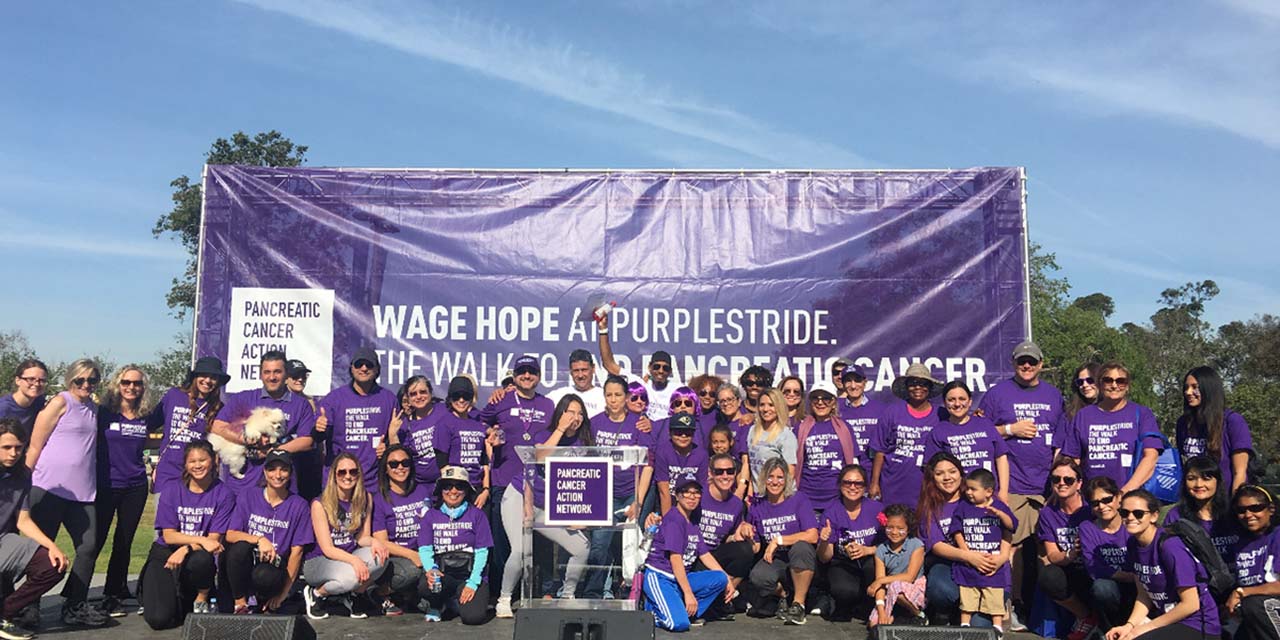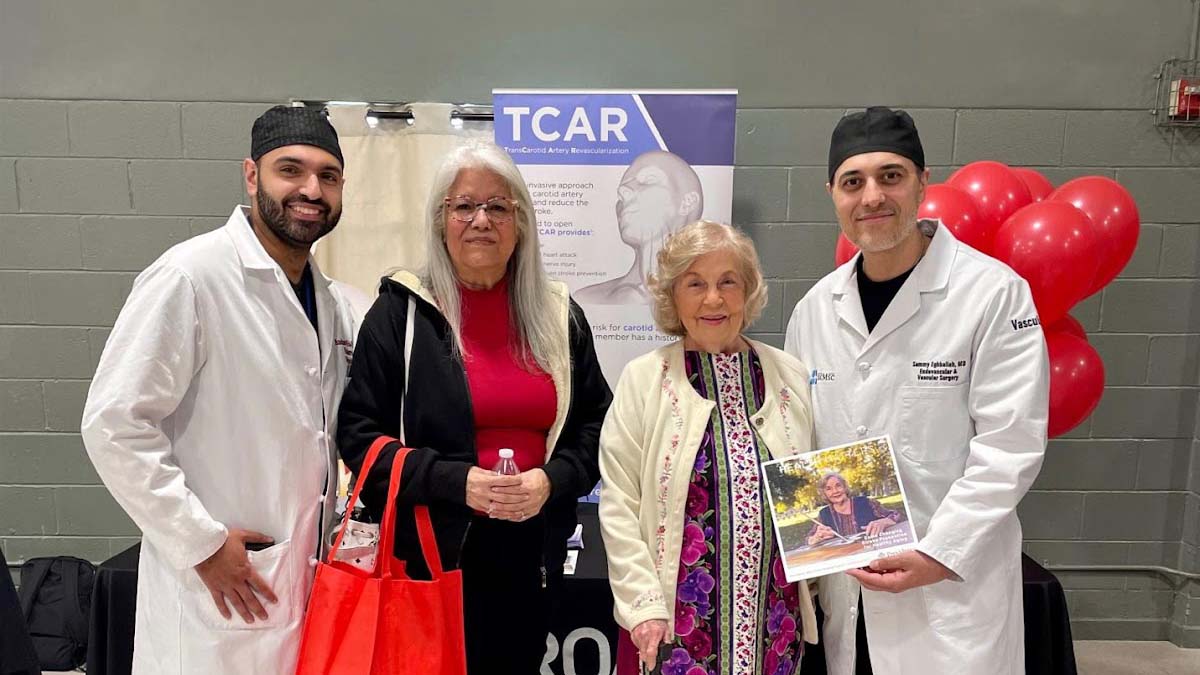Renal Artery Blockage & Kidney Disease Center
Have you learned that you or a loved one has renal disease?
If so, which stage of kidney disease do you have?
Chronic Kidney Disease (CKD), Kidney Failure, or End Stage Renal Disease (ESRD)?
At SCMSC, we specialize in providing comprehensive surgical solutions for patients with kidney disease. Our team of highly skilled and experienced surgeons are dedicated to providing personalized and effective treatments for each patient’s unique needs. We utilize the latest surgical techniques and technologies to perform a range of procedures including robotic and laparoscopic surgeries. We understand the challenges that come with kidney disease and strive to provide compassionate and supportive care. Our goal is to help our patients achieve optimal kidney health and improve their overall quality of life.
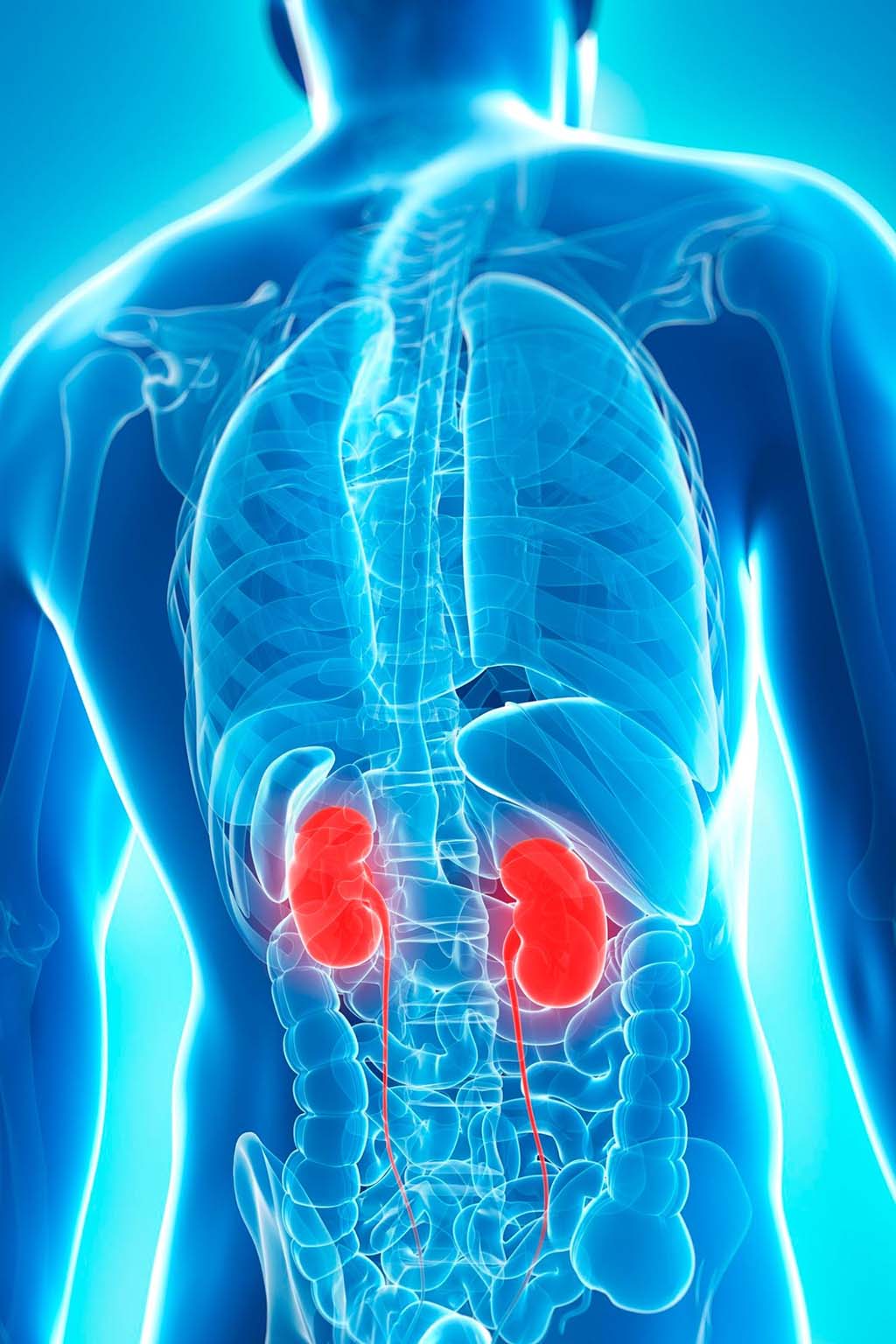
Is renal disease and kidney disease the same?
Renal disease and kidney disease refer to the same medical condition, with “renal” simply being an alternative term for “kidney.” Both phrases are used interchangeably to describe a range of disorders affecting the kidneys’ ability to filter waste products from the blood effectively. These disorders can range from mild, temporary conditions to severe, chronic issues that necessitate long-term management. The primary function of the kidneys is to filter waste and regulate the balance of fluids and electrolytes in the body. As a result, any impairment in their performance can have significant consequences for a person’s overall health. Thus, when discussing renal or kidney disease, you are talking about the same set of health problems, just using different terminology.
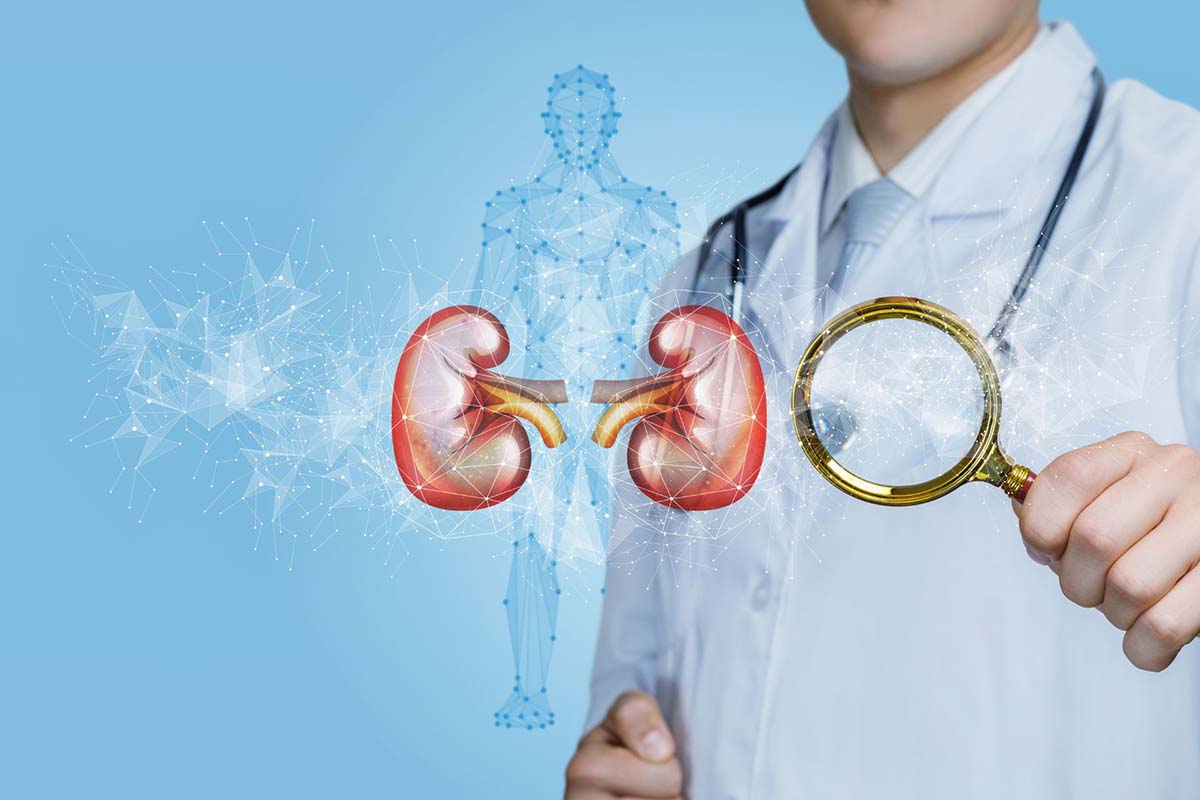
What Are The Early Signs Of Renal Disease or Chronic Kidney Disease?
Kidney disease or chronic kidney disease (CKD) can lead to a wide range of symptoms that may vary depending on the severity and stage of the disease. Here are some common symptoms of kidney disease:
1.) Fatigue
People with CKD often experience fatigue and weakness due to anemia, a condition in which there are not enough red blood cells to carry oxygen to the body’s tissues.
2.) Swelling
Kidney disease can cause swelling in the hands, feet, ankles, and face due to the retention of fluids in the body.
3.) Changes in urination
Changes in the frequency, color, and amount of urine can be a sign of kidney disease. Urine may be foamy or bubbly, and may have a reddish-brown tint.
4.) Blood in the urine
Blood in the urine can be a sign of kidney disease and should be evaluated by a healthcare provider.
5.) High blood pressure
Kidneys play a role in regulating blood pressure, so high blood pressure can be a sign of kidney disease.
6.) Nausea and vomiting
Buildup of waste products in the blood can cause nausea and vomiting.
7.) Loss of appetite
Buildup of waste products in the blood can also cause a loss of appetite.
8.) Difficulty concentrating
Kidney disease can cause a buildup of toxins in the blood, which can affect cognitive function and make it difficult to concentrate.
9.) Muscle cramps
Electrolyte imbalances caused by kidney disease can cause muscle cramps and twitching.
10.) Skin rash or itching
Kidney disease can cause a buildup of waste products in the blood, which can cause skin irritation and itching.
11.) Trouble sleeping
CKD can lead to a buildup of toxins in the body, which can cause trouble sleeping.
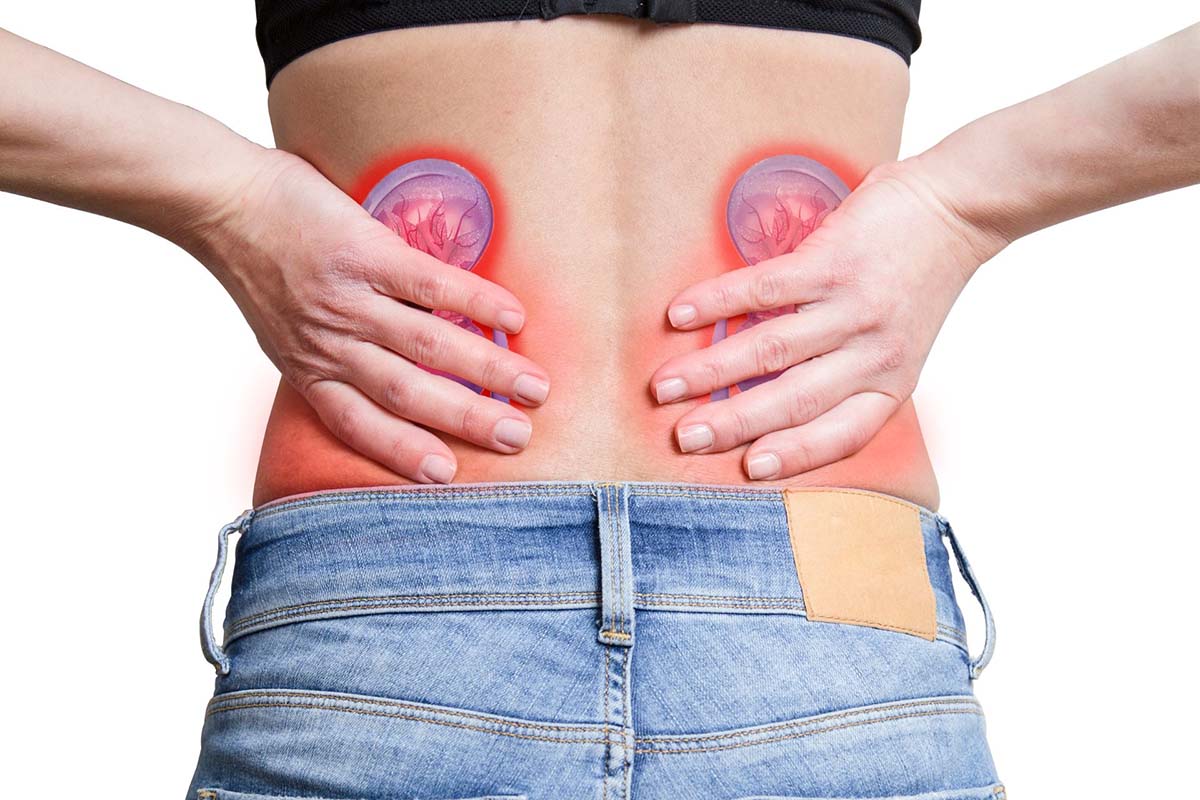
What Causes Renal Disease?
There are many potential causes of renal disease, also known as kidney disease or chronic kidney disease (CKD). Here are some of the most common causes:
- Diabetes: Diabetes is one of the leading causes of renal disease. High blood sugar levels can damage the blood vessels in the kidneys and lead to CKD.
- High blood pressure: High blood pressure can damage the blood vessels in the kidneys and lead to CKD.
- Glomerulonephritis: This is a group of diseases that cause inflammation and damage to the glomeruli, which are the tiny filters in the kidneys that remove waste from the blood.
- Polycystic kidney disease: This is an inherited condition in which cysts form in the kidneys, causing them to enlarge and lose function over time.
- Urinary tract infections: Frequent or severe urinary tract infections can damage the kidneys over time.
- Kidney stones: Kidney stones can cause blockages in the urinary tract that can damage the kidneys over time.
- Prolonged use of certain medications: Long-term use of medications such as NSAIDs, antibiotics, and some blood pressure medications can damage the kidneys.
- Infections and viruses: Certain infections and viruses such as HIV, hepatitis B and C, and COVID-19 can cause renal disease.
- Autoimmune disorders: Some autoimmune disorders such as lupus and vasculitis can damage the kidneys.
- Congenital defects: Some people are born with congenital defects that can cause renal disease, such as missing or malformed kidneys or abnormal urinary tract structures.
It is important to note that some people may get renal disease without a clear cause. If you are experiencing symptoms of renal disease or have risk factors for the disease, it is important to consult with a healthcare provider for appropriate evaluation and treatment.

How is Chronic Kidney Disease Treated?
Depending on the cause and stage of your kidney disease, some treatments may be aimed at controlling your blood pressure or diabetes through medications and lifestyle modifications. If your disease has progressed past the help of medications, then your physician might recommend dialysis or a kidney transplant.
Dialysis is another treatment for chronic kidney disease. During dialysis, you are connected to a machine that pumps your blood out of your body and filters it before returning it to your body for circulation. The dialysis machine plays the role of your kidneys. In order to remove your blood and return it to your body, you will need to have some sort of conduit or access for this process. There are several different options for dialysis access.
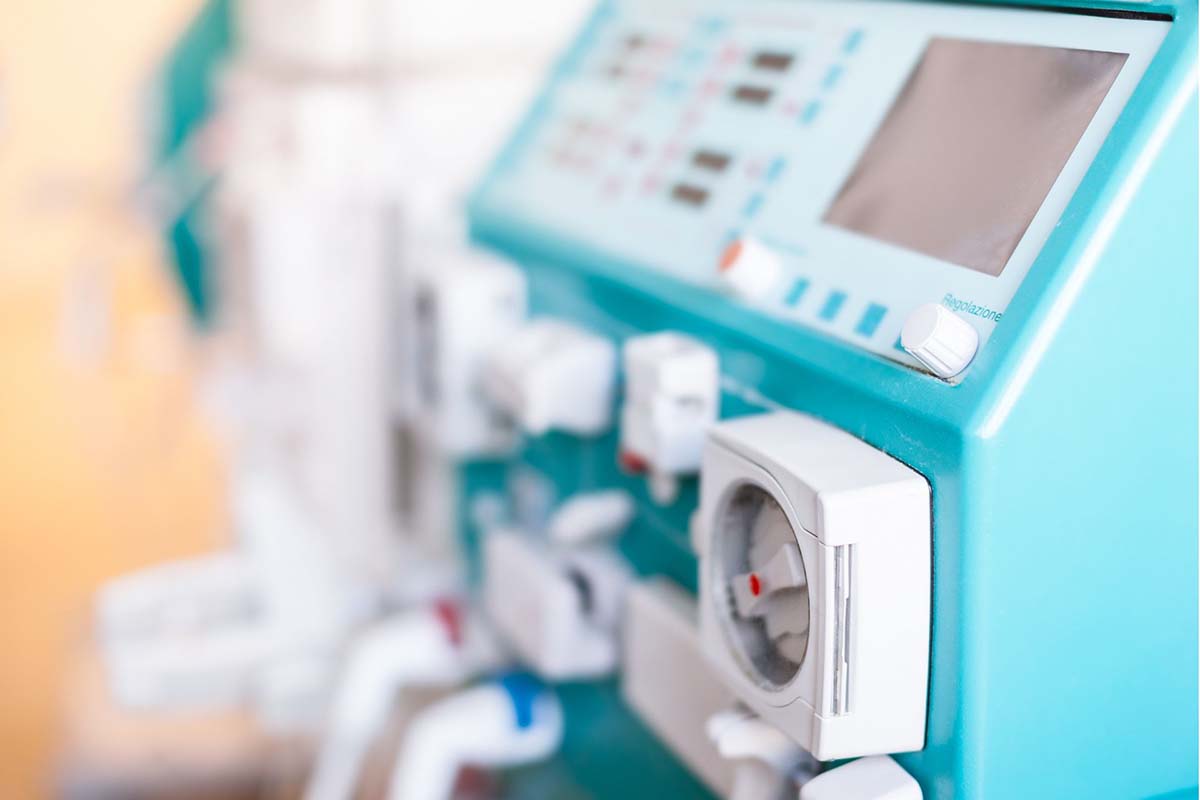
Dialysis Care near Los Angeles
PERITONEAL DIALYSIS: Peritoneal dialysis (PD) is an effective and increasingly popular treatment option for individuals with renal disease, particularly those with end-stage kidney failure. This form of dialysis utilizes the body’s natural peritoneal membrane, which lines the abdominal cavity, as a filter to remove waste products and excess fluid from the bloodstream. During PD, a sterile dialysis solution is introduced into the peritoneal cavity through a surgically placed catheter. The solution remains in the cavity for a specified period, known as the dwell time, during which the waste products and excess fluids pass from the blood into the solution. The fluid is then drained and replaced with fresh dialysis solution, repeating the process. PD can be performed in the comfort of one’s own home, offering greater flexibility and independence compared to other dialysis methods, such as hemodialysis. Furthermore, it may be a preferred option for patients who wish to maintain an active lifestyle or who may have limited access to hemodialysis centers.
ACCESS PORTS: Dr’s Eghbalieh and Abi-Chaker at the Southern California Multi-Specialty Center specialize in the creation of advanced dialysis access and perform more dialysis access creations than any other team in the San Fernando Valley.
They specialize in dialysis access ports, consisting of hero grafts for access as well as fistula creation and interventions on an access that has clotted off. A “HeRO Graft” (Hemodialysis Reliable Outflow) is a device implanted by a surgeon that provides continuous blood flow directly from an artery into the central venous system. HeRO Graft is FDA classified as a vascular graft implant and consists of a thin tube.
Actual dialysis treatment is performed by a dialysis clinic of the patient’s choice.
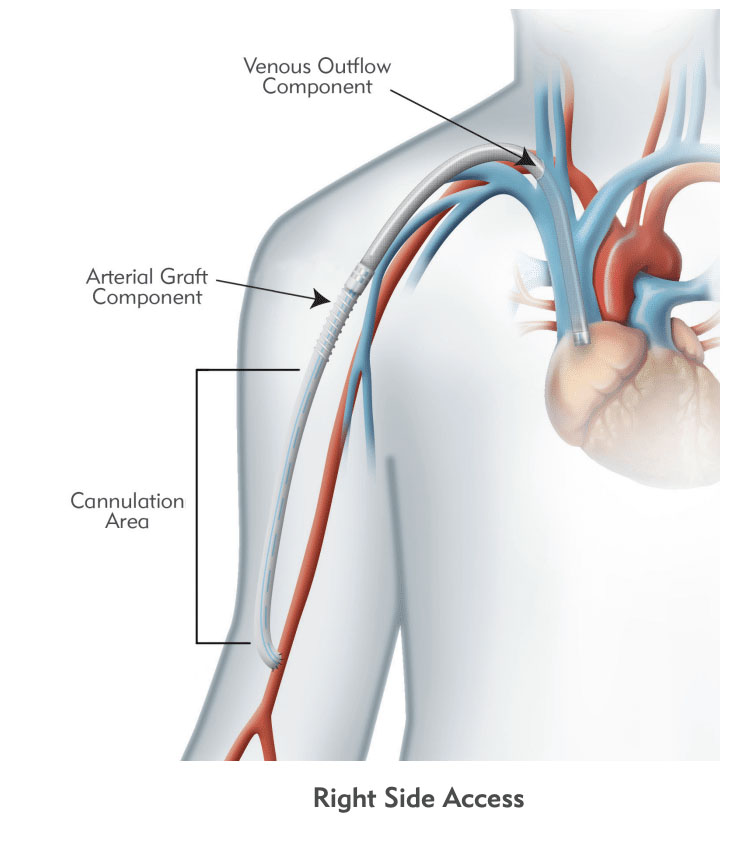
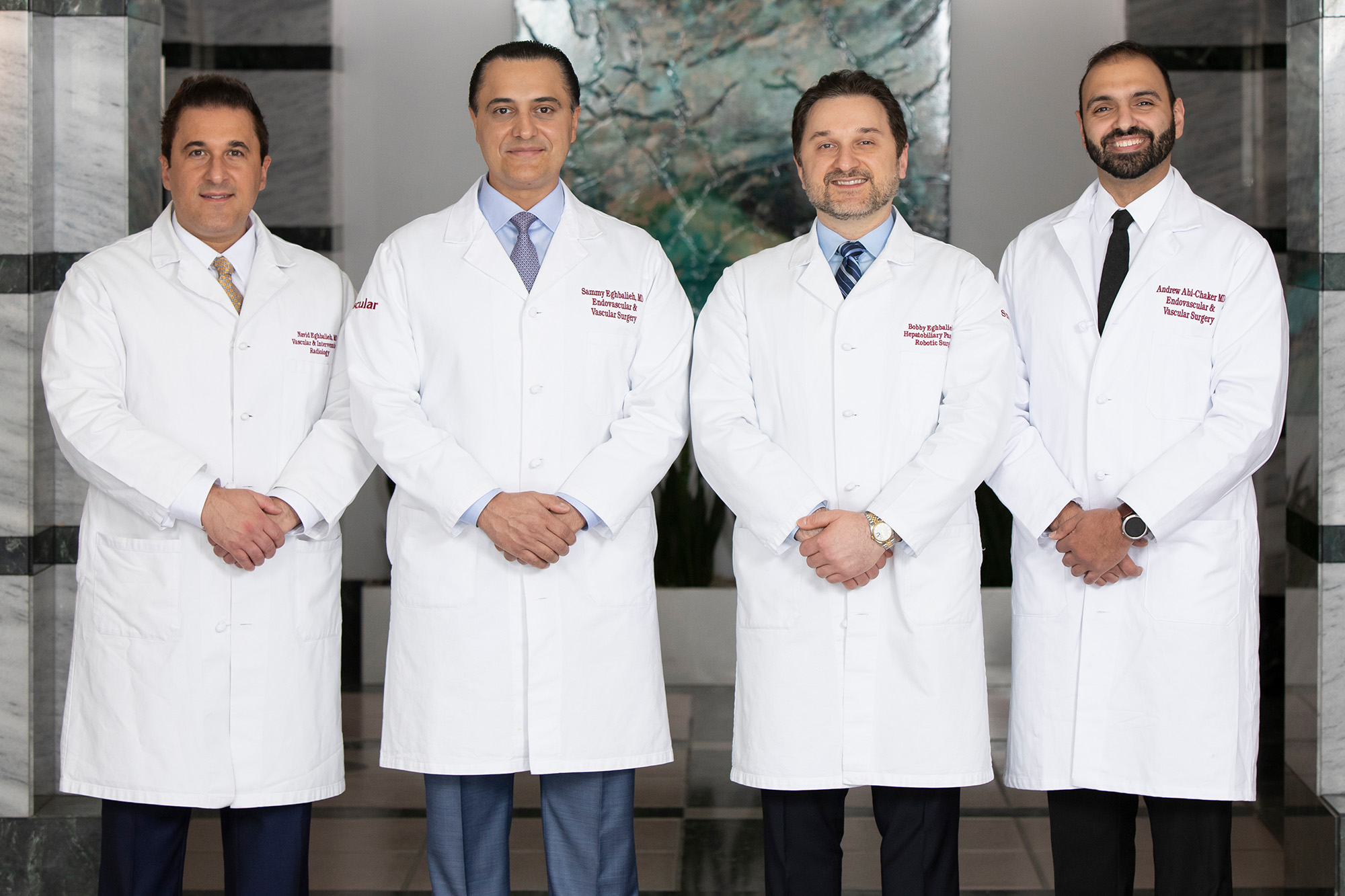
SCMSC’s Dr. Navid Eghbalieh, Dr. Sammy Eghbalieh, Dr. Babak Eghbalieh and Dr. Andrew Abi-Chaker
Kidney Conditions We Treat at SCMSC
Renal Artery Blockage (Renal Artery Stenosis)
Renal artery stenosis can be diagnosed with several types of imaging: CTA, MRA, angiogram or duplex ultrasound. It can also be confirmed with physical examination and kidney function testing. Depending on the severity of your stenosis you may be offered medications and lifestyle modifications for mild renal artery disease. For more severe cases you may require a surgical approach.
The following are surgical treatments for RAS offered by SCMSC:
- Angioplasty and/or stenting: A procedure where your physician will access your artery through a hole or small incision in your groin or wrist and use an x-ray and dye to place a balloon and/or stent. This is the most common treatment for renal artery stenosis and is a minimally invasive procedure. After the procedure, you may be required to stay on blood thinners to make sure your stent stays open while it heals.
- Bypass surgery: During this procedure, you will be under full anesthesia and a surgeon will use a bypass graft or another blood vessel from your body to reroute blood around the blockage and restore blood flow to your kidneys.
- Renal endarterectomy: This is a procedure where the surgeon will cut open your renal artery and remove the plague from the artery, then place a surgical patch and suture the artery back closed. This is an invasive, open surgery.
Contact SCMSC with questions or to make an appointment…
In conclusion, when it comes to managing renal disease, seeking comprehensive and compassionate care is crucial for achieving optimal health outcomes. At SCMSC in Los Angeles, our team of dedicated vascular surgeons provide state-of-the-art diagnostic services and tailored treatment plans, ensuring each patient receives the highest quality care. We understand that navigating life with renal disease can be challenging, but you don’t have to face it alone. We are committed to supporting you every step of the way on your journey toward better kidney health.
To learn more about how SCMSC can help you find the right renal disease treatment in Los Angeles, contact us today and take the first step toward a brighter, healthier future.



